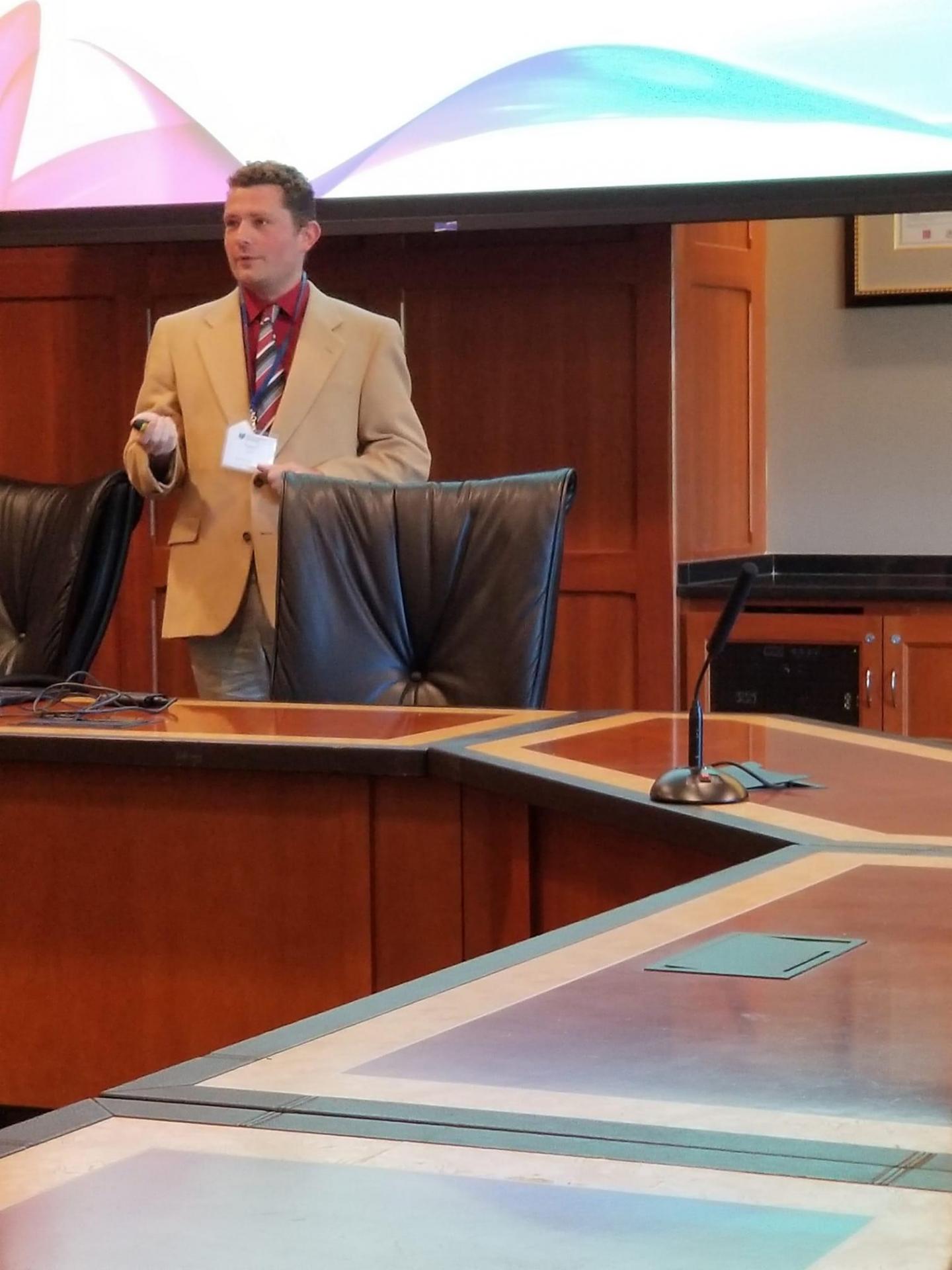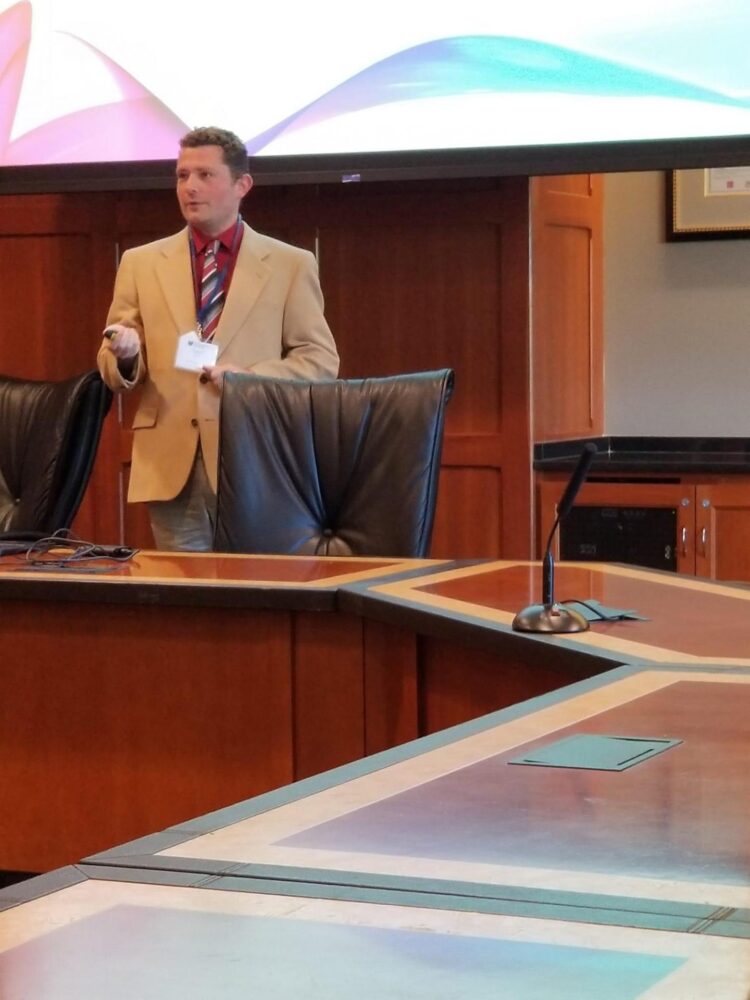Researchers show that self-harm was on the rise, even without the added stressors of a pandemic

Credit: University of Cincinnati
A recent study by a team of University of Cincinnati researchers shows that suicide planning, attempts and completions were already on the rise pre-COVID-19. Add a pandemic to a holiday season, when depression and suicide are typically higher among both adolescents and adults, and the last couple of weeks of 2020 may be a time to be on even higher alert.
According to health data, nearly 1.5 million Americans attempt suicide each year.
“It’s just unbelievable to me how we are not talking loudly about mental health; especially now,” says Andrew Yockey, a researcher and doctoral student in UC’s College of Education, Criminal Justice and Human Services.
Yockey is lead author on the study “Trends in Suicidal Behaviors Among US Adults 2015-2018” – published in Crisis: The Journal of Crisis Intervention and Suicide Prevention.
The study, conducted at UC’s Center for Prevention Science, found that between 2015 to 2018, there was a 16% increase in suicide ideation, an 18.6% increase in suicide planning, and an 11.6% increase in suicide attempts. Additionally, significant increases in each behavior were found in African Americans, younger adults, sexual minorities, and individuals who reported past-year drug use. Among these higher-risk groups, the largest increases in suicidal behaviors were African Americans.
The researchers looked at sample data, the most recent available at the time of the study, collected from the National Survey Drug Use and Health Survey.
“The numbers are there,” Yockey says. “We have treatment options from a behavioral health and medication standpoint, but we are neglecting the primary prevention aspect … the development of coping skills.”
And preliminary data from 2019-2020 indicates it’s getting worse, say the study’s co-authors: Keith King, the center’s research director, and co-director Rebecca Vidourek, both professors at UC’s School of Human Services.
“Suicide is currently among the top ten leading causes of death among adults, and in teenagers it’s in the top three,” says King, noting that depression, loneliness, and disconnectedness, such as what is occurring now on a national level with the pandemic, are strong contributing factors.
He also points to stress, citing job loss, home schooling, eldercare concerns among the many new stressors the public now faces.
“For the past two decades, the center has been examining and identifying the risk factors to suicide as a means to prevent suicidal thoughts and attempts. We believe our findings can inform harm reduction efforts and health messages surrounding suicide prevention,” says Vidourek. Yockey says There needs to be more recognition such as statewide funding for classes, workshops and education for students, educators and families “because the problem will not go away if you don’t talk about it.”
While the team utilizes research to identify the risk factors, their efforts also concentrate on education, preferably at an early age.
“The most effective way to prevent teen suicide is to ensure that adolescents are positively connected to their family, school, and peers. Positive connections are key, especially this holiday season,” says King. “We need to remember that suicide is preventable. Openly talk about suicide and mental health, identify individuals at risk and ensure that those at risk get the help they need.”
Five tips from UC experts to help prevent suicide:
- 1) Build positive connections.
2) Know the warning signs to suicide.
3) Help individuals who are suicidal to seek help from a mental health professional.
4) Develop effective coping skills.
5) Build community awareness of suicide prevention.
###
Media Contact
Angela Koenig
[email protected]
Original Source
http://www.





